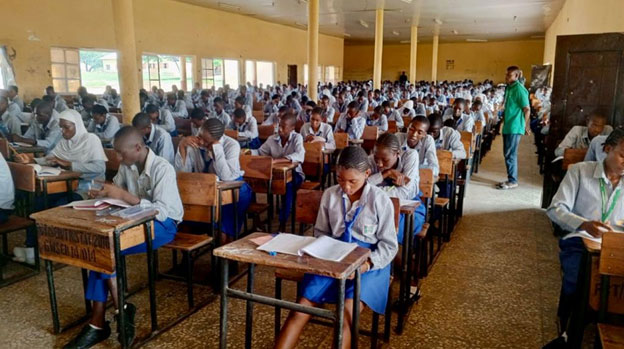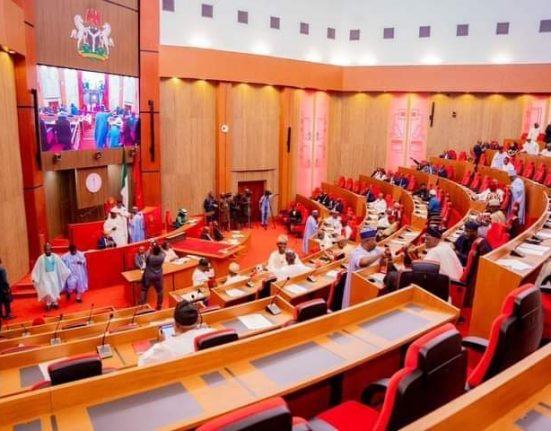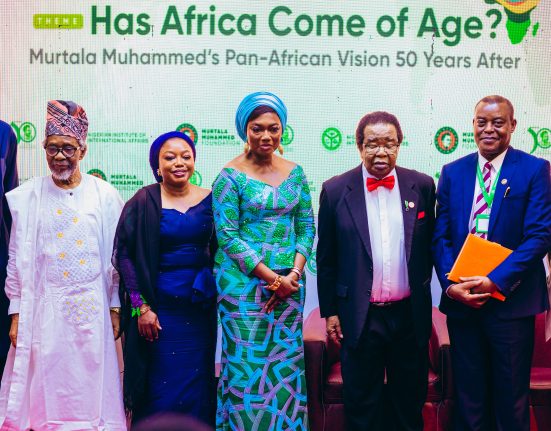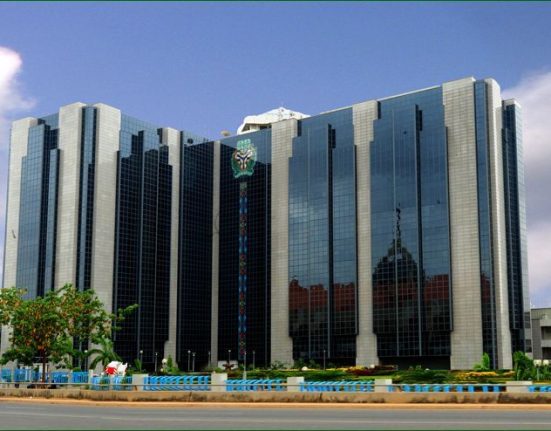The Federal Government has rolled out a new school curriculum that will take effect from the 2025/2026 academic session, reshaping how subjects are taught at both the junior and senior secondary levels. The full subject outline gained attention on social media after Dada Olusegun, Special Assistant to the President on Social Media, shared details of the curriculum on his X account.
At the junior secondary level (JSS 1–3), the curriculum combines traditional subjects such as Mathematics, English, Integrated Science, Social Studies, and Creative Arts with new areas designed to prepare students for the digital age. Digital literacy and basic coding have now been made compulsory, with students introduced to tools like Word, Excel, PowerPoint, and beginner programming languages such as Python and Scratch. Other highlights include robotics, health education, and a stronger focus on languages—covering both mother tongue and foreign languages like French or Arabic.
The senior secondary curriculum (SSS 1–3) builds on this foundation by expanding into more advanced disciplines. Mathematics will cover areas like calculus, statistics, and financial applications, while English focuses on research, academic writing, journalism, and literary analysis. The sciences—Physics, Chemistry, Biology, and Environmental Science—are taught alongside new technology subjects including artificial intelligence, programming in multiple languages, cybersecurity, and data science. Students are also required to undertake project-based research work, which involves data gathering, analysis, and oral defense.
In addition to academic courses, the curriculum also introduces practical and entrepreneurial subjects. JSS students will be exposed to the basics of entrepreneurship and economic awareness, while at the senior level, trade skills such as solar installation, fashion design, agriculture, and ICT repairs are available as electives. This is aimed at equipping learners with both employable skills and entrepreneurial capacity.
The Federal Ministry of Education has explained that the reforms are intended to streamline content, encourage creativity, and produce globally competitive students. Education stakeholders have welcomed the ambition of the curriculum but stress that its success will depend heavily on teacher training, infrastructure, and proper implementation across the country.








